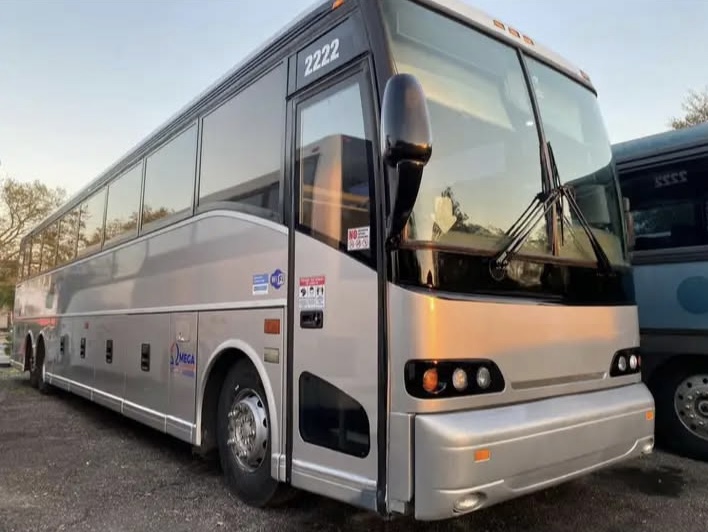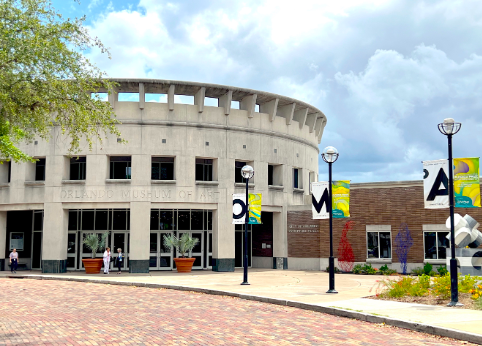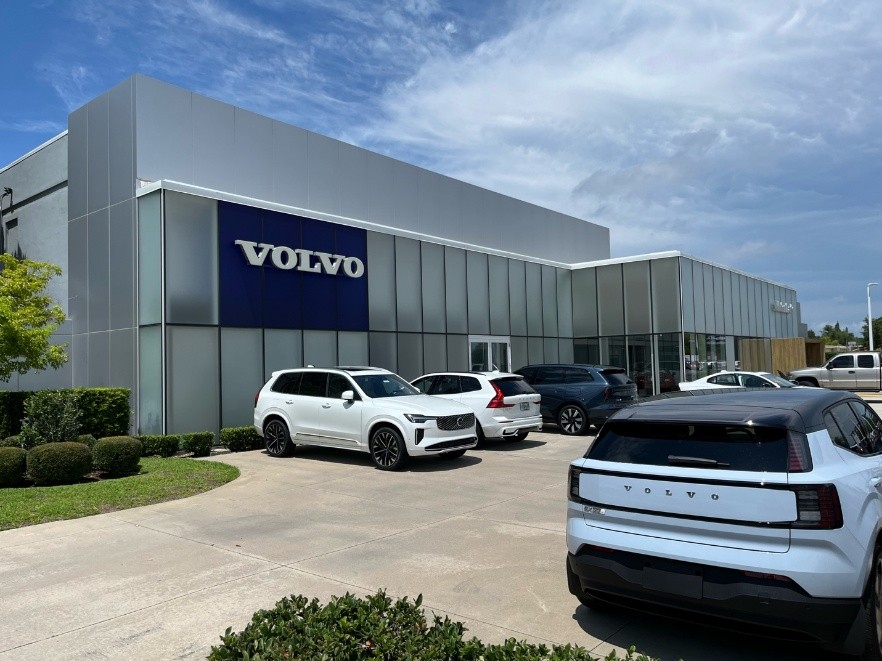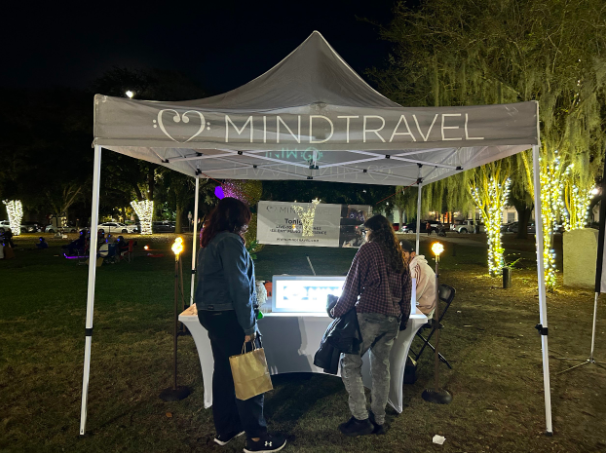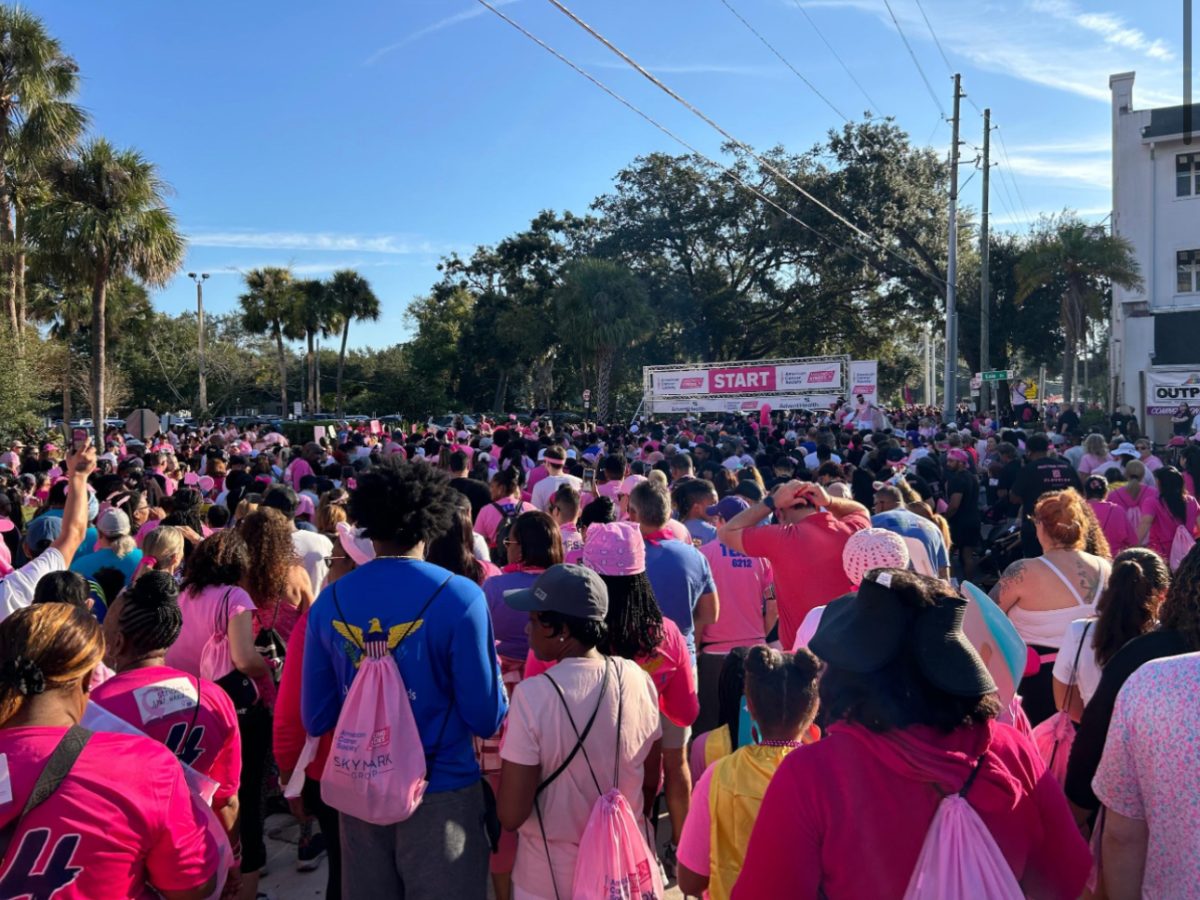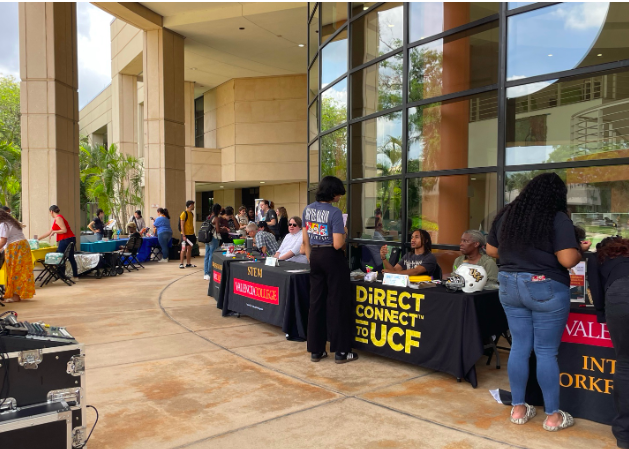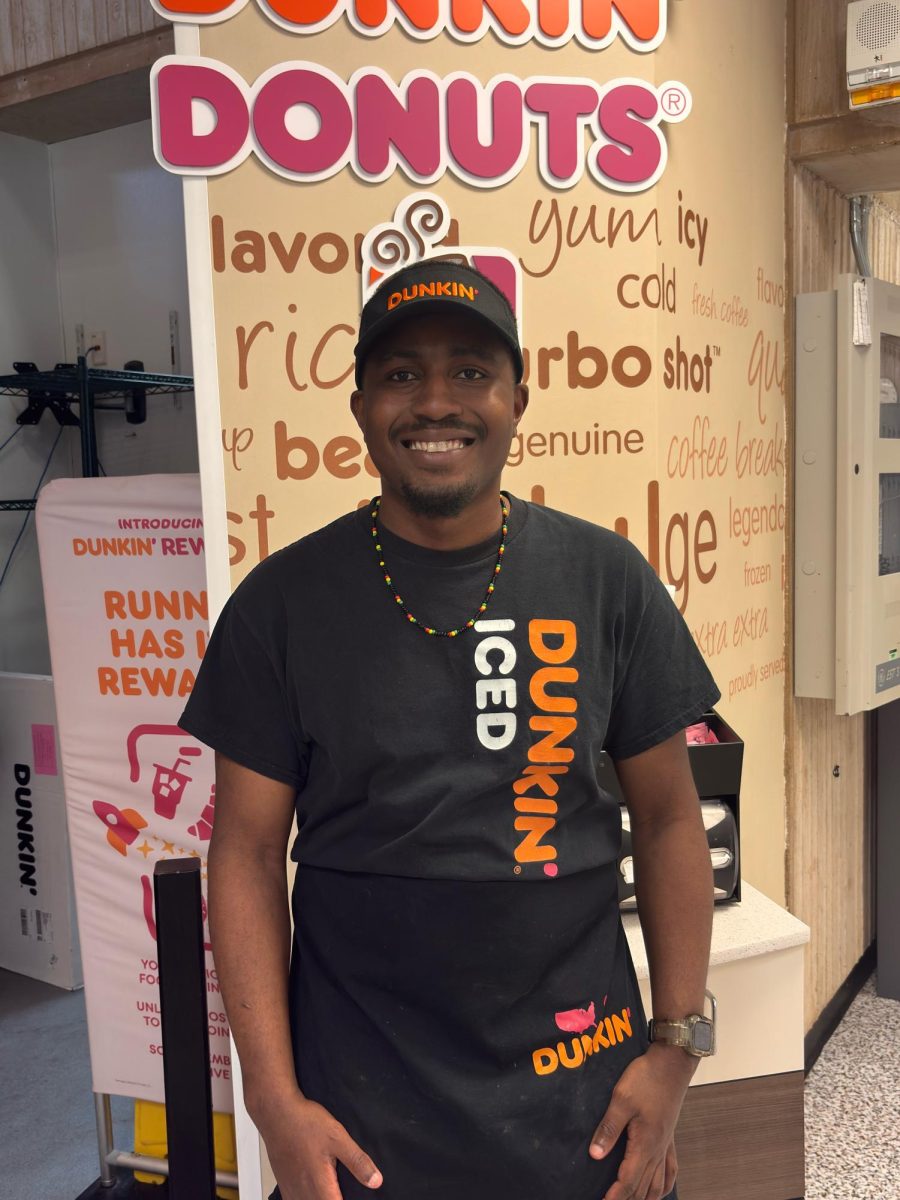407 Connect, a mobile shelter bus program modeled after Vero Beach’s Dignity Bus, launches in downtown Orlando this June. Orlando and the Christian Service Center (CSC) aim to provide safe, transitional shelter as homeless populations increase.
Orlando’s 407 Connect page says two buses will park nightly at the Christian Service Center’s Parramore campus, providing 42 beds, climate-controlled pods, lockable compartments, restrooms, security and overnight staff. Accessibility is also central to the program’s design.
“Both buses will have a lift for people with special needs, particularly ADA accessible types of needs,” Eric Gray, Executive Director of the Christian Service Center for the Homeless, explained. “If somebody’s in a wheelchair or a walker or just can’t make it upstairs to get in the bus, we’ll actually have a lift for them – on both buses.”
City officials and CSC representatives traveled to Vero Beach to study the Dignity Bus model, and that trip directly inspired Orlando’s 407 Connect initiative.
Anthony Zorbaugh, Executive Director of The Source Ministries, the nonprofit behind the Dignity Bus, explained that the Orlando delegation arrived skeptical. “They showed up on our doorstep… it was a bunch of people from the city. The Christian Service Center team was with them, and they were blown away by what they saw.” After the visit, city staff asked, “How can we get this in our city?”
Shelter is not the only way the 407 Connect program will serve unhoused residents. The buses will also serve as a platform for empowerment, Gray said. “There will be staff on each bus that has previously experienced homelessness. That representation is important because when you’re working with folks on the street, they need to see someone who has succeeded in this process,” Gray explained.
The buses themselves reflect that mission. “All of our buses are built by people coming out of homelessness – 100 percent built by people coming out of homelessness,” Zorbaugh added.
Data shows the need for additional shelter options in Central Florida continues to rise. According to the City of Orlando, homelessness in Orange County increased by 23% in 2024, driven by a widening gap between income and housing costs and a persistent lack of affordable housing.
The Orlando City Council approved $3,092,446 over three years to fund 407 Connect through Accelerate Orlando, a $50 million initiative passed last fall. According to a May article in the Orlando Weekly, this pre-approved money will cover sleeping accommodations, staffing and case management to help participants transition into permanent housing – without raising taxes or fees.
The mobile shelter model emerged after Orlando’s earlier plans for a permanent shelter in the SoDo neighborhood faced significant public opposition, prompting the city to pursue an alternative solution.
Community reactions to 407 Connect remain mixed. In an online poll posted to the Parramore Nextdoor community app, responses were split, with 54% supporting the initiative and 46% opposed.
Even after the original project was scrapped, some residents still aren’t content with the city’s solution. “This project was recently scrapped from my neighborhood. The city has lots of locations to choose from. The action of throwing ideas out and let’s see where it sticks. Ughhhh,” wrote Kameka D. on Nextdoor.
But as Gray pointed out, the very mobility that frustrates some is what makes it work, “This program, because it’s mobile, we didn’t meet that kind of resistance because we can move it if we need to.”
For the CSC, the next hurdle is overturning the myths that keep people from supporting true solutions. Changing public perceptions around homelessness remains a key part of the project’s mission.
With its focus on accessibility, empowerment, and de-stigmatizing homelessness, 407 Connect will carefully select participants each night based on who is most likely to transition into permanent housing. While the program aims to be low-barrier, individuals who are willing and able to pursue housing within 30 to 60 days will be prioritized for the limited number of beds, while those requiring more intensive medical or behavioral care may be referred to other services.
By focusing on housing outcomes, the program’s leaders hope to not only move people off the streets, but also to challenge public perceptions about homelessness, and help more people take the first steps toward rebuilding their lives.

